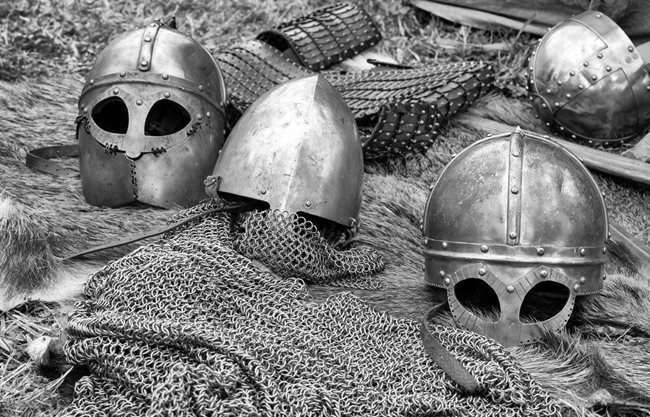They begin with an ideology or external threat that binds a people together, grow to become a shared identity leading to unity and strength, and at the height of success, the foundational values and ideologies that created that unity is eroded away by complacency and entitlement. This is a pattern that is evident in the formation and fall of Rome and present in its cultural offshoot, western society.
The reality is that, as a civilisation, we are witnessing the waning of the Western empire founded by Great Britain and solidified after Europe and America joined forces during the Second World War to form an alliance against the Nazi Axis.
The Allied victory marked the beginning of a new world order that shaped the societies we live in today. After the Second World War two ideologies: capitalism and communism were left to fight for the spoils. We all know how this cold war played itself out. Once communist Russia had imploded in on itself the ideological victory went to capitalism and America was left without any real external threats. Humans are always at odds and left without a clear enemy to demonise the conflict internalised to manifest as an ideological cold war which America exported to the world as it has done with its culture for decades.
Less time to be human
With the rise of social media, the predisposition of capitalism towards the individual and their wallet was conflagrated into full-blown Narcissism. Before social media, the camera had been around for a while, but it certainly was not normal for people to sit you down and proceed to leaf through albums filled to the brim with selfies.
Photo albums did however share something inherent to the human condition with social media portals; the need to present a façade. To this day it is rare to see unhappy people online. People smile and express joy because they want to seem agreeable, approachable, and successful. They want to be liked because for thousands of years survival had depended on the acceptance of the tribe. This need to be accepted was a mostly harmless instinct when large chunks of real-life happened between photographs, but social media significantly shortened the intervals and evolved into shrines for the idolised self.
For many, their online persona soon became preferable to their real-world self. Naturally, this led to some cognitive dissonance as individuals wrestled with the paradox of the real and online self. The one perfect and the other flawed. Want to guess which option proved most inviting? Obviously, given the choice, we would choose the safety of a perfect life, illusory or not. At least here we have control over our identity and receive validation for our choices with every like.
Olympus online
This brings us to the cultural battle being waged for hearts, minds, and wallets today. It is no coincidence that the ideologies assaulting the social fabric are abstractions that focus on the moral substance of individuals and groups. One’s character and associations represent non-tangibles that translate online where it can be weaponised to attack the digital deities we have created there.
It’s a case of dying in the Matrix. Demonize somebody online and you destroy them offline. It’s exactly how the Catholic church went about destroying the pagan gods. They simply demoted them into the rank and file of hell.
But why is this war being fought so aggressively of late? It’s quite simple really. When humans feel threatened, they form tribes. It’s an instinct that has preserved humanity up to this modern age.
Today the world has become segmented, segregated, polarised and tribal because we have been convinced by a rising technocracy to be afraid once again. These puppet masters use our instinct to band together against external threats, perceived or real, and weaponize it to segment us into demographics easily controlled with metrics gained from data we willingly supply for “free” services.
The need of our deified online personas for worship is the primary mechanism of control they employ to control our behaviour and thoughts to establish ideological control and financial gain. Without likes, we cannot trend. If we do not trend, we have no agency or influence online. Without worshippers’ gods die.
What we are seeing playing out in the world today is a desperate need for validation that has ignited into a war amongst digitised gods, and its every bit as dramatic as those of the ancient ones who dwelled upon Olympus.
No more safe spaces
Demonising the enemy is a tried and tested method which those in power have used for thousands of years to mobilise their people for war. But nobody wants to kill their own brothers and sisters, which is probably why America is not likely to face a bloody revolution for succession soon. The divorce is not a certainty yet. This situation might change if politicians and media continue to demonise opponents from a moral higher ground.
It should be remembered that capitalism gone wrong is as destructive as any other ideology corrupted by men who lust for power.
Maybe it is time for all of us to stop acting the hypocrite dictating to others how they should live? Maybe it is time we stop trying to destroy the opposition and rather embrace civilised debate? Why do we hate those who do not share our opinions or way of life? Why are we fighting demons and not talking to people?
We do this because we choose to, because we fear the dark, the unknown and the different from us. Sadly, if we choose to continue to cast others as monsters it will be ourselves who ultimately become such, and all that we will be left with is a world filled with monster’s intent on devouring each other.
Where would we be safe then?














































